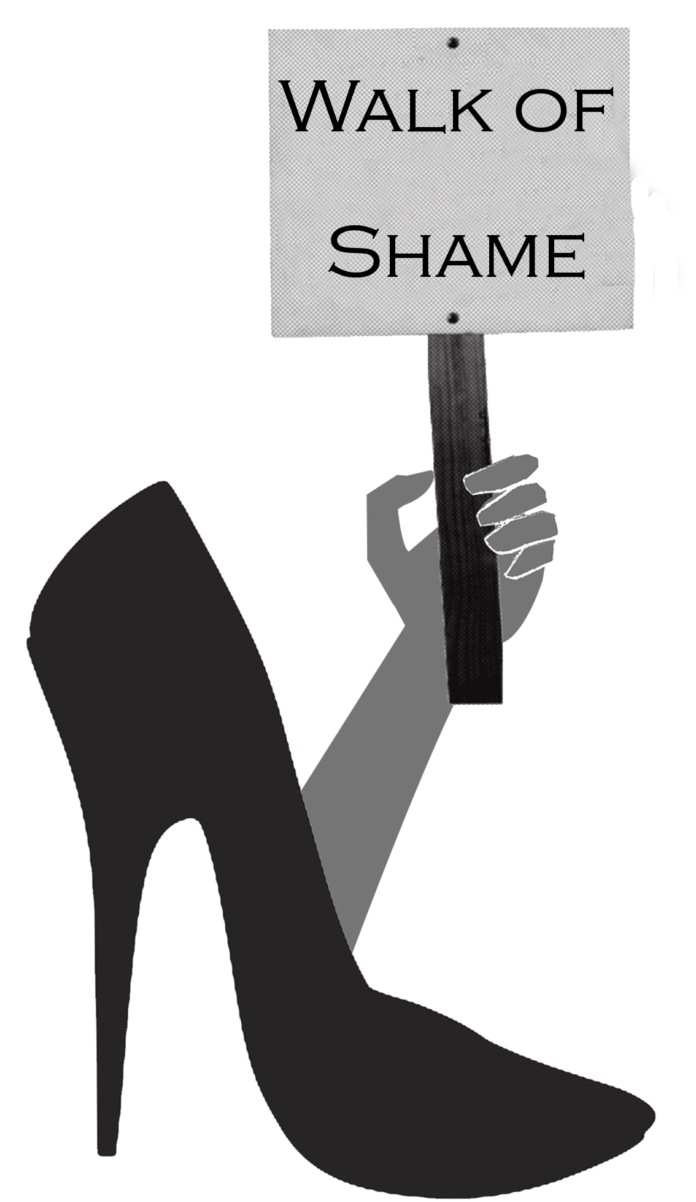The Office of Multicultural Development hosted a discussion panel in the Smith Student Center Ballroom on Wednesday night to discuss the effects of “hookup culture” on college-aged students.
News outlets such as the Huffington Post, CNN and the New York Times and social research organizations have published articles, performed studies, and sent opinion polls about the term, “Hookup Culture.”
The panel described that “Hookups,” also known as one-night stands, as sexual or otherwise romantic encounters between two people who are not necessarily romantically involved. These encounters can be limited to a single night, or can span weeks or months, according to the panel, but even this definition is not exclusive. English and gender studies professor Dr. Cindy LaCom said, “There is no one definition of a hookup. It varies based on geography, ethnicity, gender and religion.”
The panel discussed several questions people have about hookup culture, including, “what is causing this cultural shift,” “why are they becoming so prevalent?,” and “are there pros and cons to partaking in that culture?”
SRU graduate assistant, Alex Blauvelt, organized the panel, which was moderated by LaCom. The panel included SRU graduate and employee for the Office of Student Affairs, Jeannene Jones, senior dance and exercise science major, Alanna Leipold, and sophomores Jon Fiscus and Adam Leeper.
The panelists discussed the prevalence and rise of sexually transmitted diseases and infections due to the hookup lifestyle, the influence of alcohol in such encounters, the role of changing gender norms, and the risk of sexual assaults in the culture.
They were also asked a myriad of questions about hookup culture itself and the cultural forces surrounding it for one hour. They also gave their own personal takes on the emerging culture.
“There’s really no relationships between the ages of 19 and 25 anymore,” Leeper said. “People aren’t ready to settle down, yet.”
The panelists were then asked about the prevalence of hookup culture. LaCom stated that statistics show up to 89 percent of college students engage in hookup culture. “It’s everywhere,” Jones said. “It’s definitely a conversation we should be having but we’re not.”
“It has become much more acceptable in recent years,” Leipold added.
After that, the panelists were asked about the pros and cons of the hookup lifestyle.
“There are pros and cons,” Leeper said. “The pros are that it relieves stress, and the cons are that it can be emotionally damaging to a person.”








